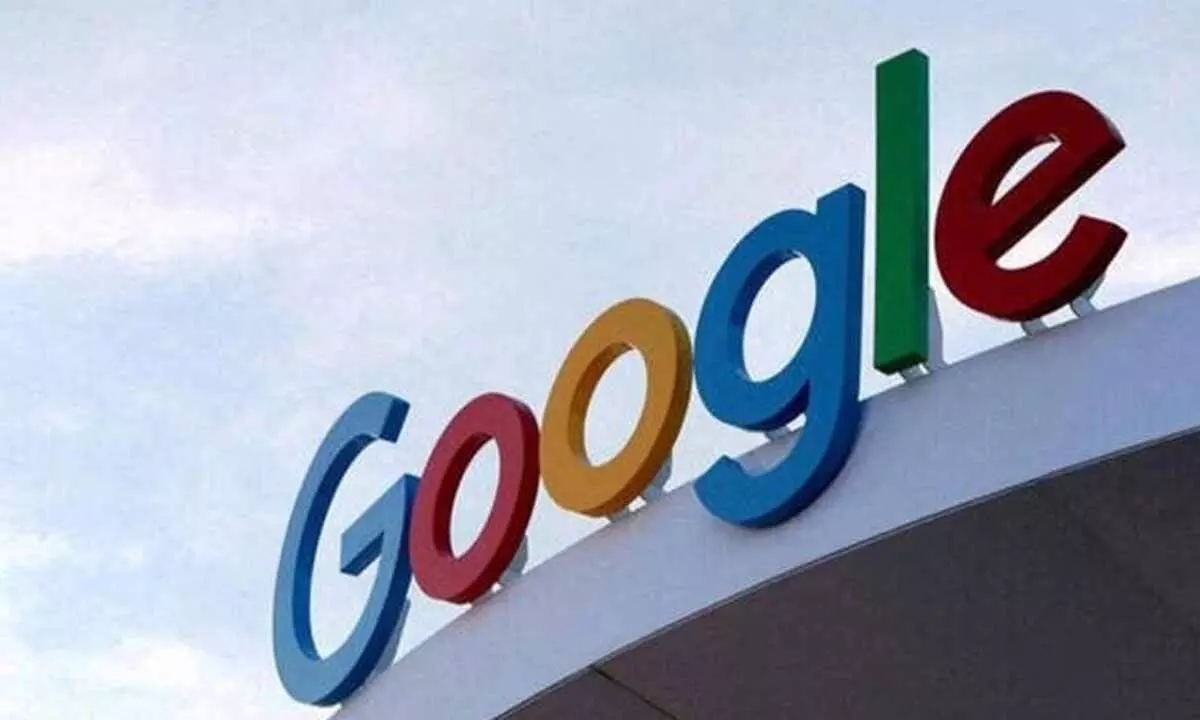Google to Support 20 Indian Startups via AI App AcceleratorGoogle’s control over Android TV in India is seeing a significant shiftfollowing a recent ruling by the Competition Commission of India (CCI). Thetech giant, long accused of misusing its dominance in the smart TV space, willnow have to change how it distributes its services to manufacturers in India. Thismajor change stems from a complaint raised by Indian antitrust lawyers KshitizArya and Purushottam Anand, who accused Google of stifling competition.
After athorough investigation, the CCI concluded that Google had indeed been “misusingits dominant position” by forcing Android TV makers to pre-install itsoperating system and the Google Play Store on their devices. Inresponse to the CCI’s findings, Google has taken a new approach. The companysubmitted a settlement application under Section 48A of the Competition Act,marking its agreement with what is being dubbed the “New India Agreement.

”Under this revised framework, Google will now offer independent licenses forthe Play Store and Play Services specifically tailored for Android-poweredsmart TVs in India. Thismeans that television manufacturers are no longer obligated to bundle Google’sservices or adhere to conditions like mandatory default app placements. Theynow have the freedom to design and market Android TVs without meeting theAndroid Compatibility Commitment (ACC), even if the TVs do not come pre-loadedwith Google apps.
According to the CCI, this also ensures that thesemanufacturers will not breach Google’s Television App Distribution Agreement(TADA) by opting out. The CCIstated, “considering the material on record and the assessment of thesettlement proposal after taking into consideration the nature, gravity, andimpact of the contraventions, the commission agrees to the proposal forsettlement in terms of Section 48A (3) of the Act and the settlementregulations.” As partof the settlement, Google will pay a penalty of ₹20.
2 crore, which includes a15% discount. Thisruling follows a separate landmark decision in the U.S.
, where a federal judgeruled that Google had unlawfully maintained monopoly power in digitaladvertising. According to the court, Google had “willfully acquired andmaintained monopoly power” in key areas like publisher ad servers and adexchanges. “Thisexclusionary behaviour not only blocked rivals from competing fairly, but alsocaused considerable harm to Google’s publishing clients, disrupted faircompetition, and adversely affected users accessing information across the openinternet,” the judge said, as reported by Reuters.
Overall,these rulings reflect growing global scrutiny of Google’s business practices,as regulators take steps to foster fairer competition in digital markets..
Technology

CCI Rules Android TV Makers in India No Longer Essential to Bundle Google Play Store

CCI rules against Google’s dominance, freeing Android TV makers in India frommandatory Play Store and pre-installed app bundling.















